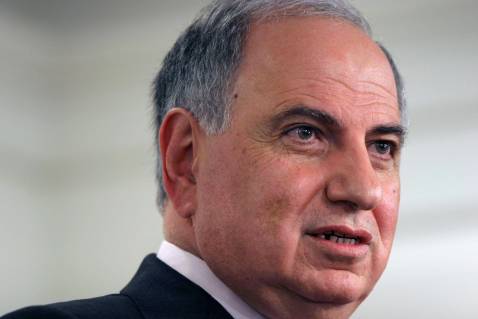

Baghdad: Ahmed Chalabi was a key figure in enabling and encouraging the US-led invasion of Iraq, but came to embody the poor American planning and unrealistic expectations that doomed his country to disaster.
Chalabi, 71, died of a heart attack in Baghdad more than a decade after realising his dream of overthrowing Saddam Hussein, but not the political power he had hoped to wield after the dictator's fall.
Washington's reliance on information from Chalabi to justify the 2003 invasion and its misplaced belief that he and his opposition Iraqi National Congress could govern post-Saddam helped drag the US into a nine-year quagmire.
Chalabi was born in October 1944 to a wealthy Baghdad family, but left the country in 1956 and spent most of his life in Britain and the United States, where he received a doctorate in mathematics.
His exile endeared him to Western officials, but meant he avoided the long years of suffering in his home country caused by war, sanctions and dictatorship, leaving him detached from the people he claimed to represent.
Chalabi founded the INC along with other figures opposed to Saddam in 1992 and organised a Kurdish uprising in northern Iraq in the mid-1990s.
But the uprising failed, hundreds of people were killed and he later fled, only returning when US-led invading forces took control.
Undaunted, he gave a steady stream of briefings that were used to bolster the case for the war.
Key figures in president George W. Bush's administration hoped Chalabi and the INC might take over as an interim government after Saddam's ouster.
But because of its long years abroad, his group was little known and little liked inside Iraq and American plans for a smooth and easy political transition fell apart.
AFP








